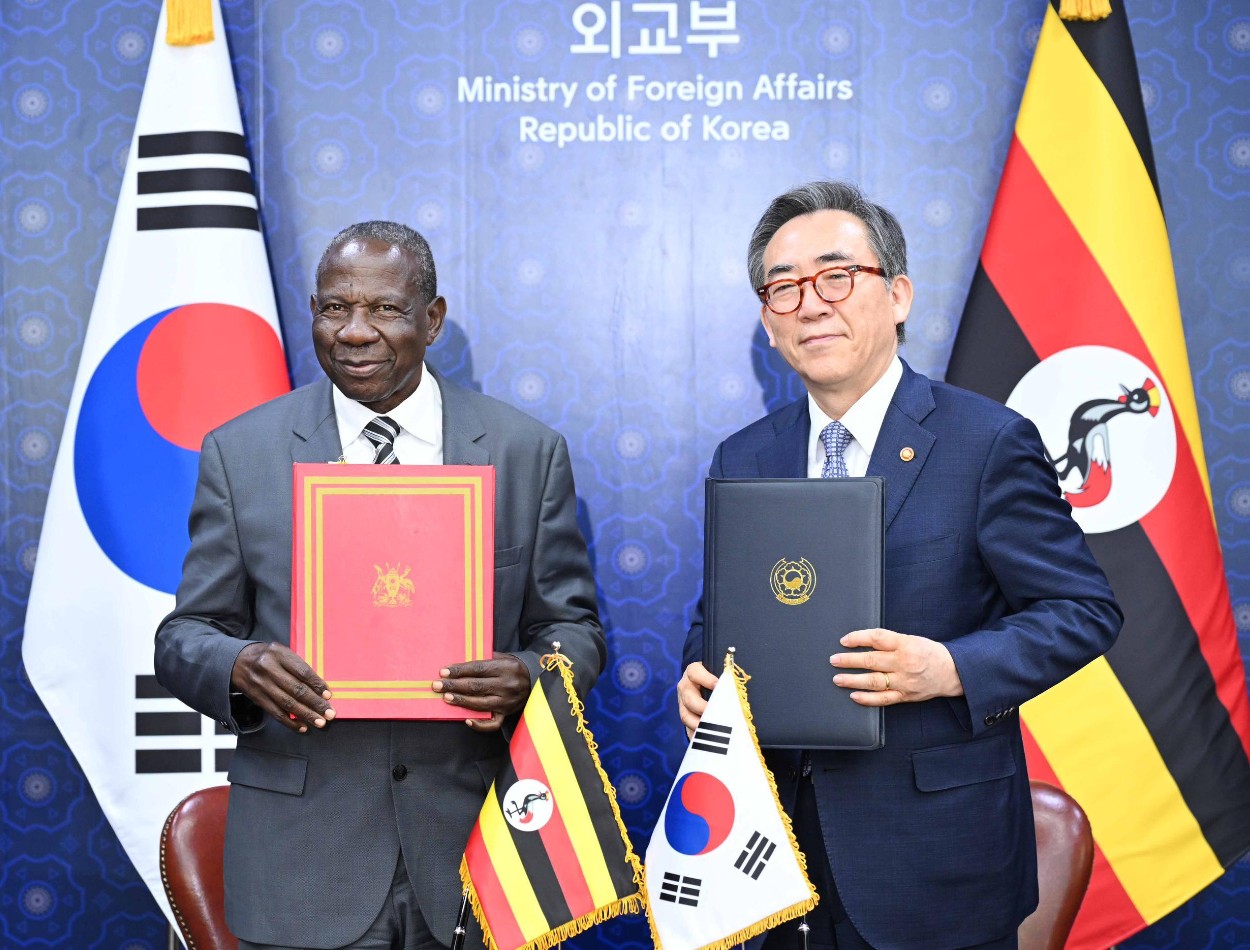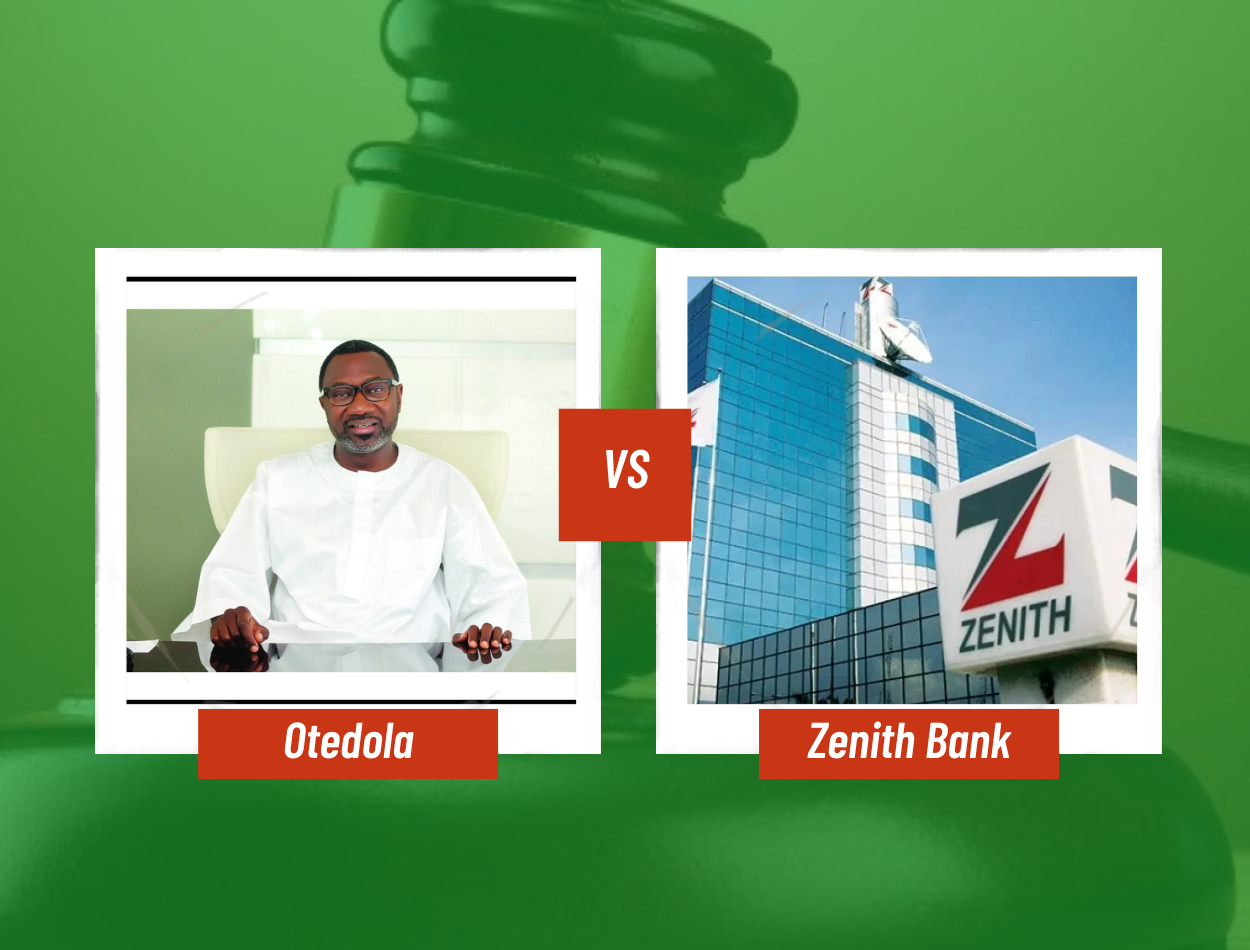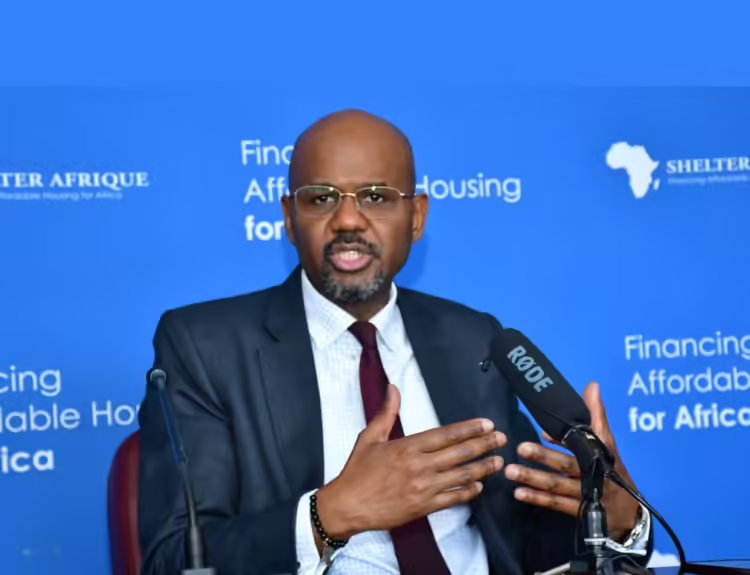Uganda is seeking new development partners to fund programs that have fallen off after Western multilateral lenders including the World Bank and IMF dropped their commitments over human rights records and recently passed anti-LGBTQ laws.
The fallout has seen the country’s local currency, the shilling, fall by up to 4% since March. Inflation has been on the rise, forcing the Bank of Uganda (BoU) to raise interest rates to the highest level in nearly seven years.
As part of its expedition to court new funders, the East African nation has secured a $500 million loan from the Korea Exim Bank, signaling a shift in a country that has benefitted from billions in Western aid and loans from the IMF and World Bank.
A financial lifeline
Matia Kasaija, Uganda’s finance minister, announced on Wednesday that the country has inked an agreement with South Korea to finance development projects. In a June 5 ceremony held at the Korean foreign ministry Kasaija and Cho Tae-Yul, the Korean foreign minister, signed a Framework Agreement for the loan.
This investment arrives at a critical point for Uganda. Recent legislation and the subsequent withdrawal of support from key international partners have significantly affected the country’s economic landscape.
In May 2023, President Yoweri Museveni signed the controversial anti-homosexuality bill into law, providing penalties as high as a death sentence for “aggravated homosexuality”.
This move provoked widespread condemnation and led to significant financial repercussions.
One of the most impactful responses came from the World Bank, which announced on August 8, 2023, that it would suspend new funding to Uganda.

In a statement, the World Bank expressed that the Anti-Homosexuality Act directly contradicts its core values of inclusion and non-discrimination. The statement underscored the World Bank’s commitment to eradicating poverty through inclusive efforts that respect all individuals, regardless of race, gender, or sexuality.
The organization emphasized that the law undermines these efforts, prompting a review of its projects in Uganda to ensure compliance with its environmental and social standards.
“Uganda’s Anti-Homosexuality Act fundamentally contradicts the World Bank Group’s values. We believe our vision to eradicate poverty on a livable planet can only succeed if it includes everyone, irrespective of race, gender, or sexuality. This law undermines those efforts. Inclusion and non-discrimination sit at the heart of our work around the world,” the World Bank stated.
Economic consequences
“No new public financing to Uganda will be presented to our Board of Executive Directors until the efficacy of the additional measures has been tested.”
The financial repercussions of this fallout have been severe. A day after the World Bank’s announcement, the Ugandan shilling plunged 1.76% to 3,729.35 per dollar, heading for the biggest one-day decline since December 2015. The government was forced to revise its 2023-2024 budget to account for the financing cut.
Fortunately, the shilling stabilized and by January 2024; it was one of the best-performing currencies in Africa compared to its counterparts such as the Kenyan shilling, which was on a free fall.
However, this success was short-lived. Since March, the Ugandan shilling has experienced a sharp decline, coupled with rising inflation. This forced the Bank of Uganda to raise interest rates to a record 10.25% to curb inflation.
Analysts attribute this downturn to the World Bank’s funding suspension and the exodus of foreign investors, both of which have created a ripple effect throughout the economy.
Development programs in limbo
The withdrawal of Western support has posed significant challenges for Uganda’s development programs.
According to a report by the Daily Monitor, leaders across the country have expressed concern about the fate of the World Bank-funded projects, including roads, schools, and stadiums.
These projects, some yet to be funded and others partially funded, have hung in the balance since the World Bank’s funding halt.





